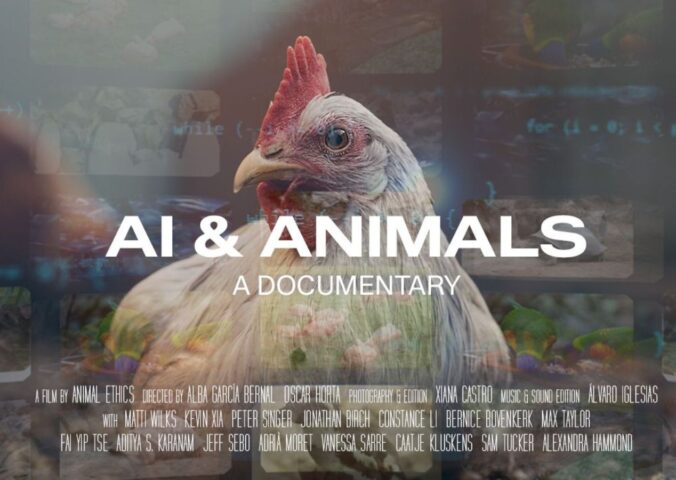Parisian food tech startup Edonia just raised €2 million in a pre-seed funding round to produce its nutrient-dense, sustainable, plant-based protein from microalgae.
Read more: Dutch Supermarket Reveals 44% Of Proteins Sold Last Year Were Plant-Based
Asterion Ventures led the round with participation from BPI France, and Edonia plans to use the funding to expand the team and scale up its proprietary technology. The company says its “edonization” process turns microalgae into a “nutrient-packed” star ingredient for the next wave of plant-based foods.
The start-up will prepare to launch its flagship product, Edo-1, a ground beef-style “clean” protein with a meat-like texture, umami flavor, and no additives or artificial flavorings. Edonia says it designed its product to surpass the limitations of traditional animal-derived proteins as well as the pea and soy-based alternatives currently on the market.
“At a time of climate emergency, when 34 percent of greenhouse gas emissions are generated by our food, the greening of our plates needs to accelerate,” said Edonia CEO Hugo Valentin, in a statement sent to Plant Based News (PBN).
AgroParisTech carried out a life cycle assessment on Edo-1 and found that the product could emit 40 times less CO2 than its animal-based equivalent, and three times less than its textured soy-based equivalent. (Meticulous Research predicts the algae market could reach nearly USD $30 billion by 2030, and other studies also praise the ingredient’s sustainability.)
“Microalgae, known for their nutritional and ecological virtues, can be a real tool for food industry professionals in this respect. But it has to taste good,” added Valentin. “That’s what we’re offering: delicious protein ingredients that are hyper-nutritious.”
Read more: Company Uses ‘Shear Cell’ Technology To Make Plant-Based Whole Cuts
Microalgae and alternative proteins

Because Edonia produces Edo-1 using spirulina and chlorella, it is not subject to the “Novel Food Category.” This means it does not require French or EU authorization before launch, and the company can commercialize its operation that much faster.
While the food sector already celebrates ingredients like spirulina and chlorella for their sustainability and nutritional value, desirability and taste remain barriers to wider consumption. However, Edonia believes that combining minimal processing, fewer ingredients, improved texture, and better nutrient density compared to soy, will help Edo-1 overcome those barriers.
Edonia will launch its upcoming product in Europe before expanding to other continents via strategic partnerships with suppliers and other businesses.
Other brands are also using technology to improve the sustainability, nutrition, texture, and flavor of plant-based meat. Planted recently launched a whole-cut style vegan steak made using fermentation, while Rival Foods is using its proprietary “shear-cell” technology to remove the need for binding ingredients.
Meanwhile, back in 2021, Singaporean startup Sophie’s Bionutrients debuted the first-ever microalgae-based burger, which featured twice as much protein as a traditional beef patty.
Read more: Tofoo Releases First Seitan Products To Supermarket Shelves






